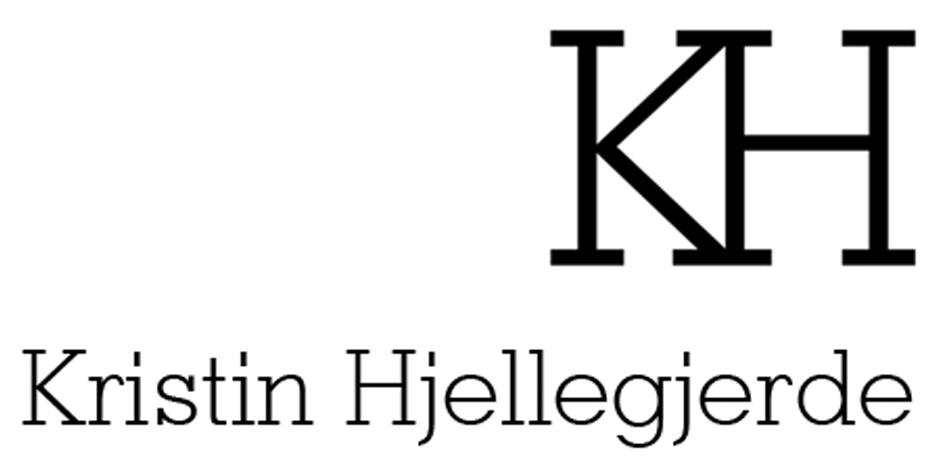-
It's Not Me, It's You
Celina Teague -
 Highlights and collections : Celina Teague has received several awards and residencies including a 2012 Takt Artist Residency in Berlin and inclusion on the shortlist for the 2013 Beers Lambert Contemporary Visions IV. Her work can be found in international collections including the Museum Boijmans Van Beuningen Collection.
Highlights and collections : Celina Teague has received several awards and residencies including a 2012 Takt Artist Residency in Berlin and inclusion on the shortlist for the 2013 Beers Lambert Contemporary Visions IV. Her work can be found in international collections including the Museum Boijmans Van Beuningen Collection. -

-
-
However, this vision of harmony slowly evolves into something darker and more complex. In Colour Me Happy the mouth eagerly laps up brightly coloured pills and capsules that also hang from the lower lashes of eyes in the branches of a palm tree. The work reflects on substance abuse, the seedier side of Big Pharma and Teague’s awareness of her own appetite for news consumption. As she notes, our use of the internet, in particular social media, is a contemporary form of addiction – one that encourages snap reactions, polarises as much as it unites and can burp up its memory forevermore.This sense of lurking danger is most conspicuous in Trippy Slippy whereVenus fly traps crunch down on bugs and strangler plants wrap around the stems of poisonous flowers and insect-devoured leaves. The lips at the bottom of this painting are clamped shut – no longer, it seems, open to nature’s wisdom. It is perhaps no coincidence that back in the real world, bombs are falling and war – even if only experienced through a handset – is shaking humanity. Regardless of Teague’s intent, the news intrudes.
-
Two text paintings further reflect on the ways in which contemporary society engages with current affairs. Collectively titled The Problem With Humanity: one reads, ‘It’s Not Me, It’s You’ and the other, ‘It’s Not Us, It’s Them.’ The works take playful aim at the ways in which social media is used for passive action: for virtue signalling, to point blame and to reinforce harmful echo chambers that prevent nuanced discussion.Teague returns to this notion of armchair activism with a continuation of a decade-long series that pokes fun at her role as an artist waving a paintbrush for social causes. These armchair paintings pull together the themes and visuals featured in the rest of the exhibition. In For Better or For Worse opium poppies, Fentanyl lollipops, pills and cannabis leaves grow out of the chair’s fabric. On its seat, a disembodied mouth licks its lips – hungry for more substances and information. We always want more, the artist suggests, even when we tell ourselves to want less.
-
-
-
Celina Teague: It's Not Me, It's You
Past viewing_room














